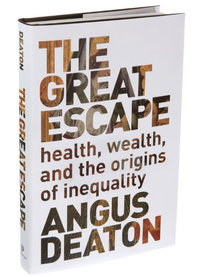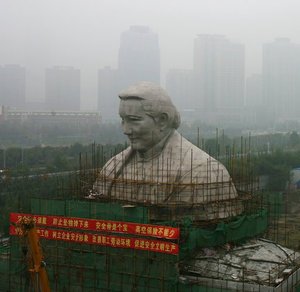The embed above is provided by YouTube where the video clip is posted under the title “Balaji Srinivasan at Startup School 2013.”
(p. B4) At a startup conference in the San Francisco Bay area last month, a brash and brilliant young entrepreneur named Balaji Srinivasan took the stage to lay out a case for Silicon Valley’s independence.
According to Mr. Srinivasan, who co-founded a successful genetics startup and is now a popular lecturer at Stanford University, the tech industry is under siege from Wall Street, Washington and Hollywood, which he says he believes are harboring resentment toward Silicon Valley’s efforts to usurp their cultural and economic power.
On its surface, Mr. Srinivasan’s talk,called “Silicon Valley’s Ultimate Exit,”sounded like a battle cry of the libertarian, anti-regulatory sensibility long espoused by some of the tech industry’s leading thinkers. After arguing that the rest of the country wants to put a stop to the Valley’s rise, Mr. Srinivasan floated a plan for techies to build an “opt-in society, outside the U.S., run by technology.”
His idea seemed a more expansive version of Google Chief Executive Larry Page’s call for setting aside “a piece of the world” to try out controversial new technologies, and investor Peter Thiel’s “Seastead” movement, which aims to launch tech-utopian island nations.
For the full commentary, see:
FARHAD MANJOO. “HIGH DEFINITION; The Valley’s Ugly Complex.” The Wall Street Journal (Mon., Nov. 4, 2013): B4.
(Note: the online version of the commentary has the date Nov. 3, 2013, and has the title “HIGH DEFINITION; Silicon Valley Has an Arrogance Problem.”)









